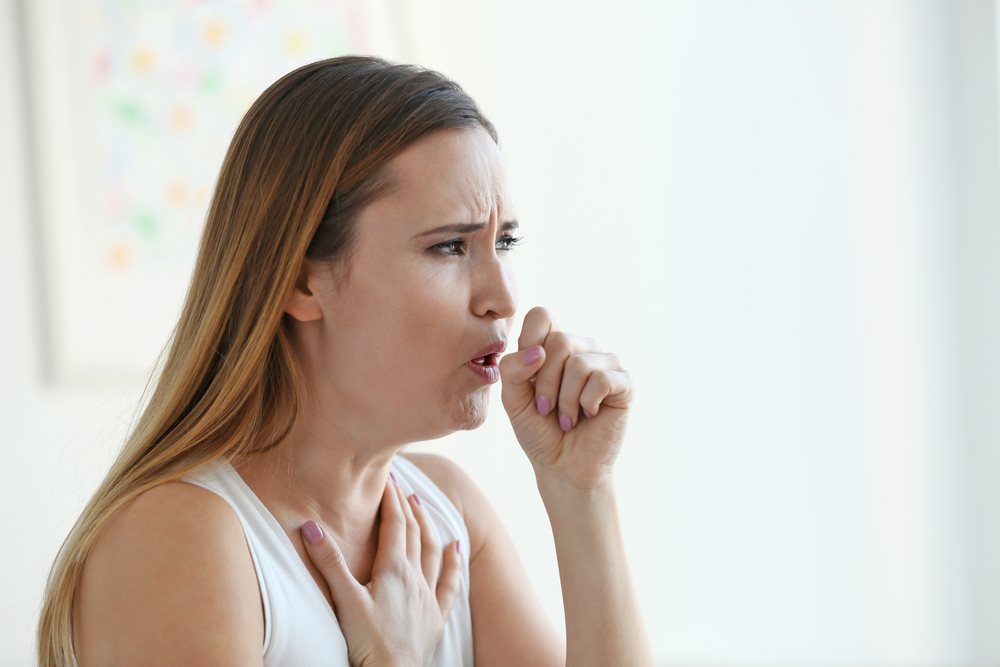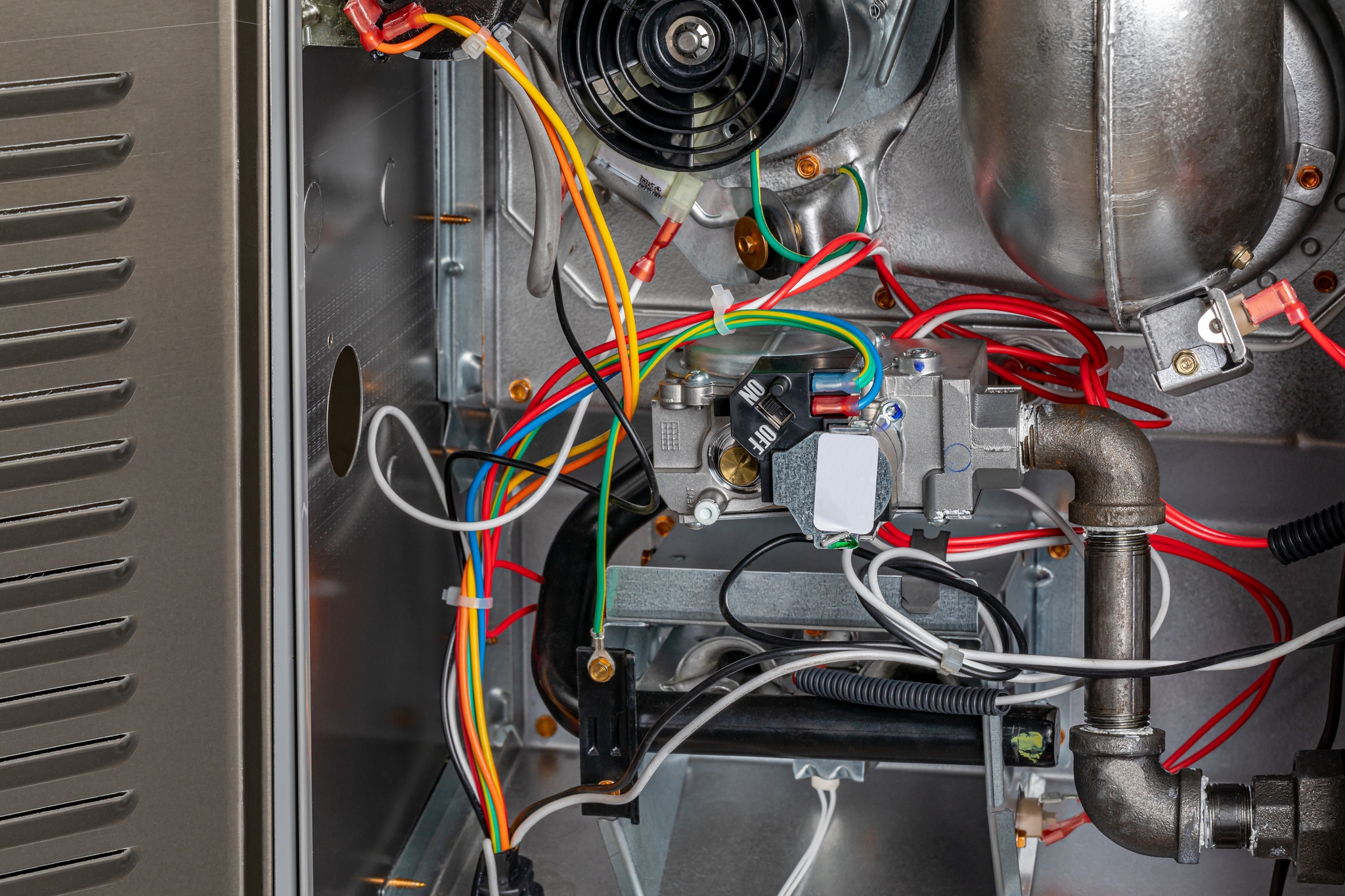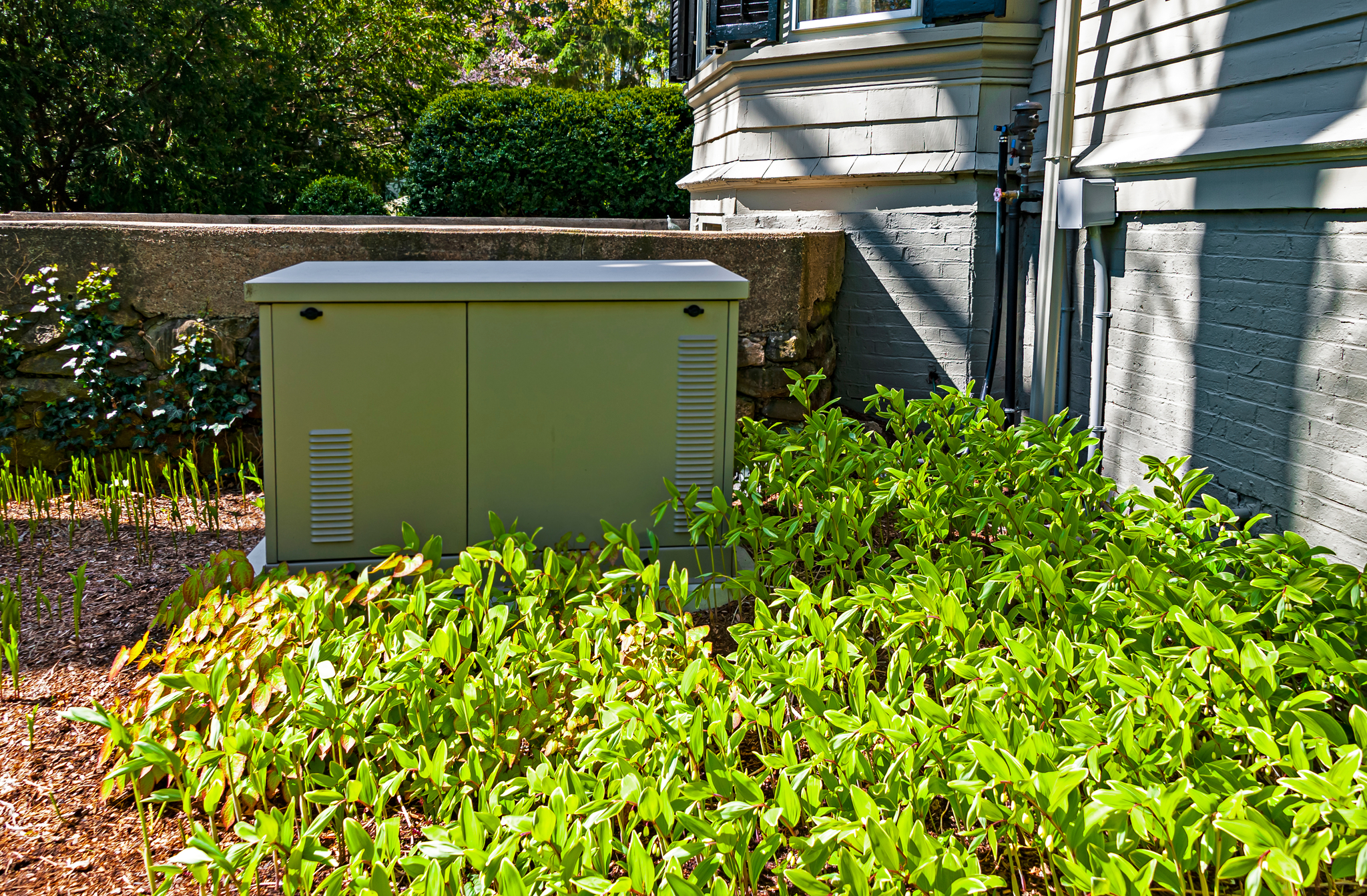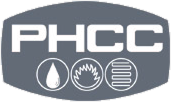Learn how many health issues can be traced back to poor indoor air quality, and why the air in your house is often more harmful to your health than the air outside. Test the quality of your indoor air and upgrade your home so you and your family can breathe safe with Princeton Air.
A popular misconception homeowners often have about air quality is that their homes can offer protection against harmful outdoor health hazards in the air. It’s not hard to understand why, with more and more news reports highlighting the increasing dangers of air pollution.
But without downplaying the risks of sustained exposure to poor outdoor air, the quality of inside air plays a much bigger factor in the overall health of you and your family. According to the EPA, Americans spend 90% of their time indoors, where “the concentrations of some pollutants are often 2 to 5 times higher than typical outdoor concentrations.”
Why isn’t air quality better indoors, and how can you test the indoor air quality (or IAQ) in your Edison, Trenton, or Freehold Township home?
What Causes Poor Indoor Air Quality?
Air quality inside a home is often worse than it is outside for a number of reasons. First, while the building shell of a home can act beneficially to protect your home against outdoor temperatures, this also creates a very confined space, where pollutants end up more concentrated in a smaller space.
But more importantly, the indoor air in homes is susceptible not only to outdoor pollen, smoke, and air pollution that makes its way inside via cracks and air leaks in your home’s envelope, but pollutants originating from inside the home. These can include:
- Off-gassing from carpeting, plywood, and furniture
- VOCs (volatile organic compounds) found in cleaning products, paints, and solvents
- Combustion by-products from your heating system, including CO (carbon monoxide)
- Pet dander
- Radon
- Mold
Why is Indoor Air Quality Important?
Are you experiencing any of the following symptoms?
- Fatigue
- Dizziness
- Irritation of the eyes, nose, and throat
- Allergy-like symptoms
All of these symptoms can be traced back to the issues we listed earlier, and show how indoor air quality affects our health.
How Can I Increase My Indoor Air Quality?
Residential air quality testing can reveal whether your home is indeed suffering from IAQ issues, and from there, there are different ways that homeowners can take the results of their testing and solve their air quality issues.
Regular heating and cooling system maintenance
Not only will changing your HVAC air filters (or upgrading to HEPA filters) regularly ensure that fewer pollutants and contaminants circulate through your ductwork, but an annual inspection of your furnace will reduce the risk of carbon monoxide leaks.
Air sealing
Preventing air movement between the inside and outside of your home can reduce outdoor pollutants from getting into your home and can mitigate moisture and mold issues as well.
Air treatment
When heating and cooling tune-ups and home performance upgrades aren’t enough to solve your IAQ issues, it’s time to treat the poor air issue directly. Air purifiers and UV air treatment can both remove indoor air contaminants, leaving your home healthier and the air inside it safer to breathe.
Sidebar: Do Plants Help Indoor Air Quality?
In short, no! This is something we continue to hear from a number of homeowners, but according to air pollution researchers and experts, the concentration of plants you’d need to make any kind of measurable difference just isn’t possible in a household.
Learn More About Your Home with Indoor Air Quality Testing in NJ
Are you looking to test the air quality in your home? At Princeton Air, we know how important the health of your New Jersey home’s air is. With our advanced AirAdvice testing, we can get to the bottom of any suspected air quality issues once and for all, providing you with a detailed report outlining the test’s findings as well as our recommendations for improving the air you and your family breathe.










